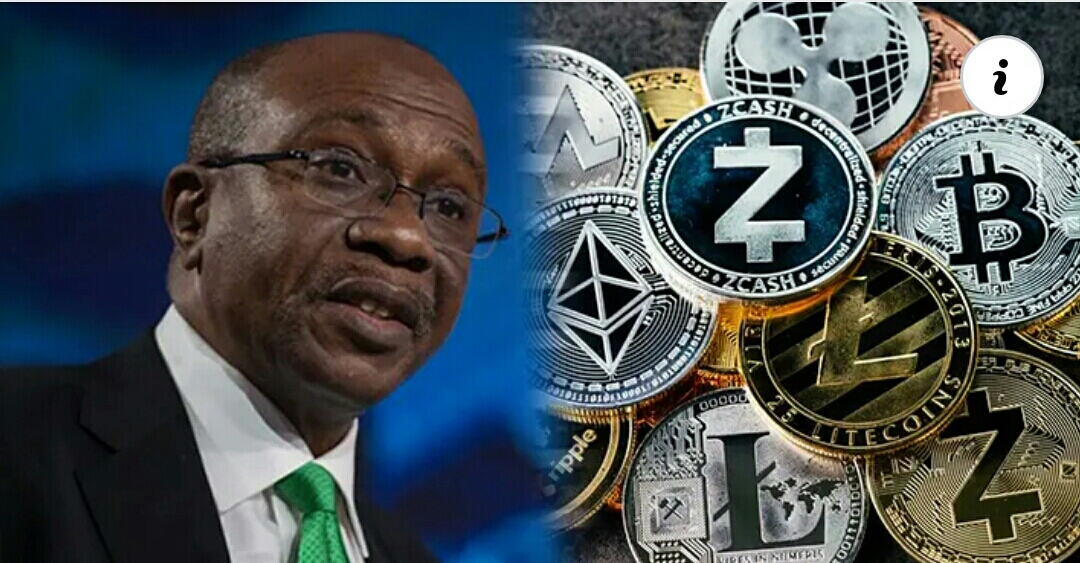Central Bank of Nigeria Announces The Launch of It’s Digital Currency

The Central Bank of Nigeria’s digital currency is set to be launched on October 1 by the CBN.
The Central Bank of Nigeria (CBN) has announced that it will launch the pilot scheme of its digital currency by October 1, 2021.
The Central Bank of Nigeria (CBN) has announced that it will launch the pilot scheme of its digital currency by October 1, 2021.
The CBN announced this during a webinar on Thursday as it presented its digital currency initiative to stakeholders.
The information technology director for the bank, Rakiya Mohammed, disclosed that CBN had been researching since 2017 to develop and adopt the digital currency.
The project called ‘GIANT’ will run on the hyper-ledger fabric blockchain, an open-source project for developing blockchain-based products, solutions, and applications used by private enterprises.
Ms Mohammed said the bank might conduct a proof of concept before the end of this year.
During the presentation, the CBN stated that about 80 per cent of central banks worldwide were currently entertaining the possibility of issuing “central bank digital currency” (CBDC), and Nigeria could not be left behind.
The financial regulatory institution maintained that the digital currency’s launch would include and allow macro-management and growth and cross-border trade facilitation.
In addition, it will also give room for financial inclusion, monetary policy effectiveness, improved payment efficiency, revenue tax collection, remittance improvement, and targeted social intervention.
The CBN initiative came as countries across the globe have shown interest in adopting the trade of digital assets.
African countries with officially recognised digital assets include South Africa with the digital Rand and Ghana’s e-cedi.
In February, Nigeria banned the trading of cryptocurrencies as the CBN directed banks and other financial institutions to close down customers’ accounts related to the trading of digital assets, despite Nigeria being the world’s second-largest bitcoin trading market.
It argued that cryptocurrency trading increased the risk of loss of investments, money laundering, terrorism financing, and other crimes.
Comments are closed.